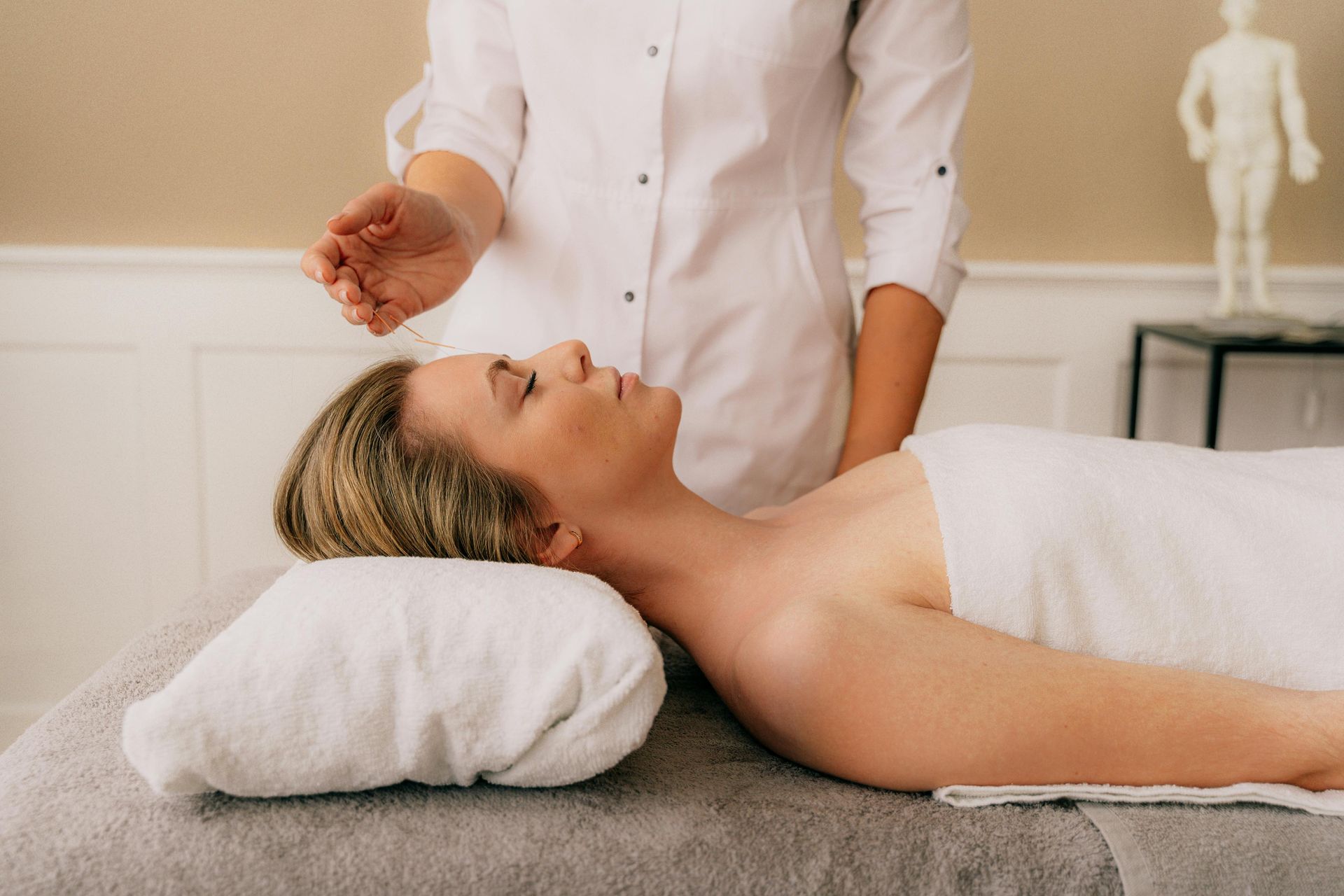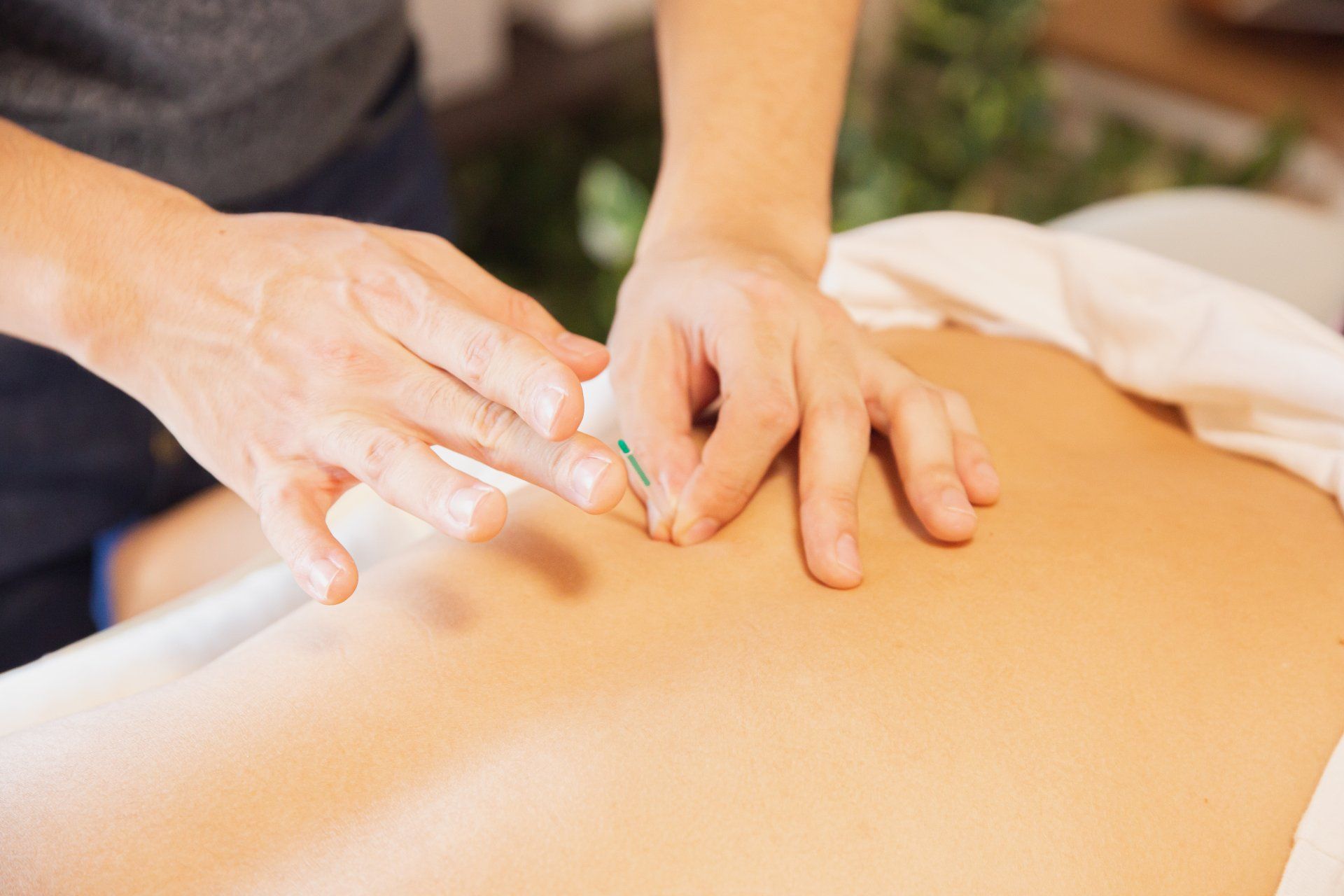Seasonal and Local Snapshot: Rhubarb Rules for Fertility and Beyond
It’s May in the Midwest and that means rhubarb! This leafy vegetable (surprise – rhubarb is not a fruit!) explodes from early spring soil every year, making it one of the few perennial vegetables on the planet. It’s ability to return, time after time, testifies to the vitality of the plant.
Rhubarb (called da huang in Chinese herbalism) has been used medicinally centuries in Traditional Chinese Medicine to help drain excess heat from the body, relieve constipation and alleviate different menstrual disorders, including endometriosis. It is not recommended to take rhubarb in a concentrated form (such as part of an herbal formula) when pregnant or nursing. And, when trying to conceive, it’s important to work with a trained herbalist to ensure rhubarb is right for your diagnosis. It is safe, however, to enjoy rhubarb in the food form while trying to conceive, expecting and nursing. In fact, most experts agree that rhubarb’s high fiber/low calorie, antioxidant and immune-boosting qualities make it a good addition to a fertility-enhancing and pre/postnatal diet.
The leaves of a rhubarb plant should never be eaten because they are toxic. It’s also recommended to cook rhubarb since the stalks contain oxalates, which may interfere with mineral absorption. The reddish-pink stalks of the plant can be sliced and roasted with honey or agave, used as a topping for yogurt or ice cream, or made in to a pie or a crumble.
Pulling Down the Moon’s Fully Fertile Nutrition Program takes a deep dive into fertility nutrition and appropriate fitness to maximize your chances of conception over the course of 12-weeks. Led by a registered dietician who is an expert in nutrition for fertility. Join our program today to learn more about foods that could benefit your fertility efforts!



